For many years, Ghana has been at the forefront of Pan-Africanism and it’s ideology. Since time immemorial, Ghana and its leaders have been credited with fostering of Pan Africanism.
Dr. Kwame Nkrumah (Ghana’s first president and independence fighter) was among those who championed the course and fostered and nurtured the concept from its start.
The creators of the concept had a singular focus: unity. African state unity, Unity of African people, whether at home or abroad.
The Pan-African vision has resulted in numerous institutional mechanisms, such as the African Union, and a plethora of other mechanisms to develop the one African vision and coagulate the people to build a united front for collective bargaining power and fight for the African people’s common good.
In this write-up, we’d be exploring how far the vision of Pan-Africanism has come in Ghana- the birthplace of the Pan-Africanism vision.
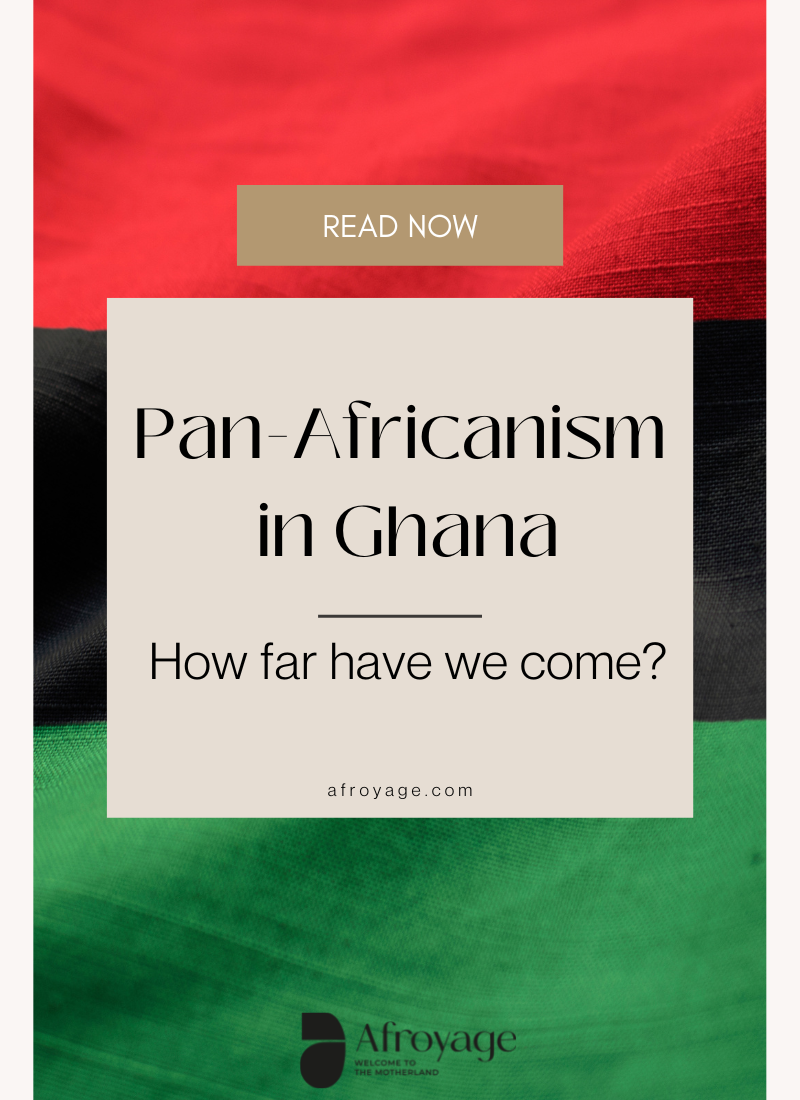
What is Pan-Africanism?
Pan-Africanism is the concept that people of African origin share collective objectives and should work together to achieve them.
Pan-Africanism has frequently taken the form of a political or cultural movement in the past.
You can say that in a broader sense, Pan-Africanism is the belief that individuals of African heritage share a great lot, which deserves to be recognized and even celebrated.
Why is Pan-Africanism important for Ghana?
It is significant because, after achieving independence from colonial authority, Ghana has been dealing with several difficulties that reflect its post-colonial heritage.
Ghana’s independence in 1957 marked a fundamental shift in the connection between African countries and their colonial masters, but it wasn’t long before the country faced its own set of problems.
Click here to read, why Ghana isn’t as independent as you may think.
Pan-Africanism is still relevant in addressing the difficulties confronting modern Africa.
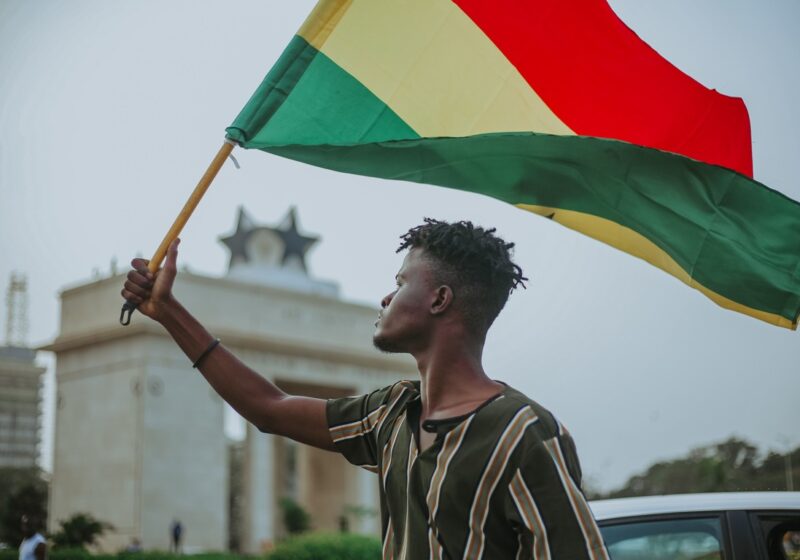
What are the goals of Pan-Africanism?
1. Pan-Africanism seeks to unify Africans
Pan-Africanism seeks to unify all Africans politically, economically, and socially. Pan-Africanism seeks to unify all Africans in Africa and the diaspora.
This is because Pan-Africanism believes certain things unite all African people, such as: their heritage, culture, and traditions.
Therefore, any attempt at unification must take these into account if it is to be successful and meaningful.
2. Political unity
Pan-Africanism is a worldwide movement that aims to encourage and strengthen bonds of solidarity between all people of African descent.
In the United States, African-American intellectuals brought it such as W. E. B. Du Bois, who saw Pan-Africanism to advance civil rights for blacks.
Around the world, political groups have adopted the concept with varying agendas:
– some Pan-Africanists seek complete unity among all Africans, regardless of their country or continent;
– others emphasize cooperation among independent states;
– some focus on building cultural links and social structures (such as family ties);
– while still others advocate military action against European colonial powers still active in Africa today
3. Economic solidarity
The goal of economic solidarity is to create an African economy that is self-reliant and independent.
One consequence of this goal is the creation of the African Union (AU), which aims to promote economic integration among its 55 member states.
The AU was founded in 2002, and it has set out to achieve several goals:
– The establishment of a continental free trade area (CFTA)
– The establishment by 2028 of an integrated market with a single currency
How far have we come?
In Ghana, the concept of Pan-Africanism has been relevant and has helped the country in immense ways.
To this day, the country continues to be a beacon of African hope.
The Ghanaian government continues to propagate the Pan-Africanist idea, some projects to keep thus alive are:
1. Kwame Nkrumah
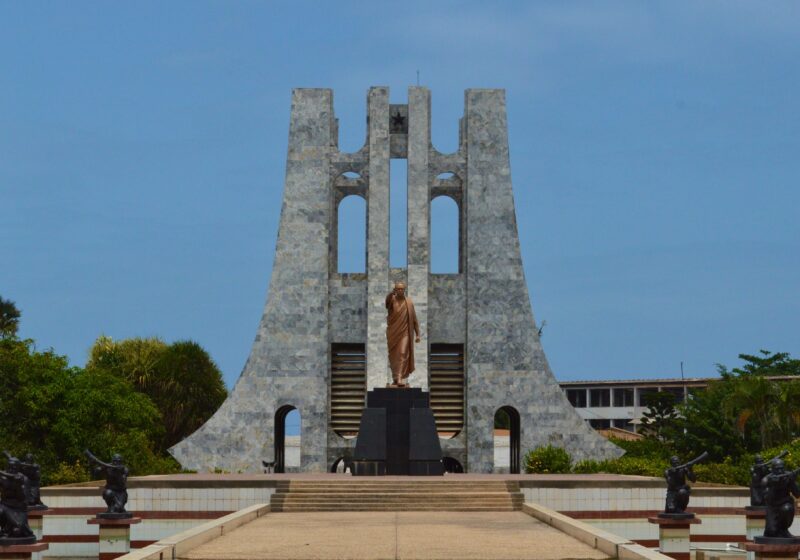
Ghana has a rich tradition of Pan-Africanism which can be traced back to Kwame Nkrumah’s presidency and his efforts to promote pan-African unity through organizations like the Organisation of African Unity (OAU) now AU, and the United Nations Economic Commission for Africa (UNECA).
2. DuBois Center
W. E. B. Du Bois Memorial Centre for Pan-African Culture is a memorial place, a research facility, and a tourist attraction in the Cantonments area of Accra, Ghana. It was opened to the public in 1985.
They named it in dedication to W. E. B. Du Bois was an African-American historian and Pan-Africanist who became a citizen of Ghana in the early 1960s.
He lived there in his last few years at the invitation of President Kwame Nkrumah while compiling the Encyclopedia Africana.
The center comprises the museum, which contains memorabilia and his library, and the Open Air Theatre where intellectual seminars, lectures, and workshops are held, along with cultural events.
In addition, is the ‘Marcus Garvey’ guest house. The Ghana government established the Centre in 1985 to encourage visitors to contemplate the ideals of Pan Africanism and to reflect upon the work of Dr. Du Bois.
The W .E. B. DuBois Centre for Pan African Culture was dedicated on 22nd June 1985 in Accra, Ghana.
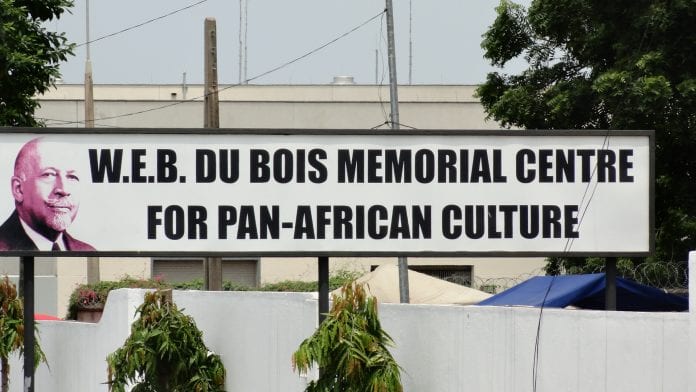
PANAFEST theatre fest
The Pan African Historical Theatre Project, currently known as PANAFEST, is a cultural festival for Africans and people of African origin held in Ghana every two years. It originally took place in 1992.
The goal of this festival is to promote and strengthen togetherness, Pan-Africanism, and the growth of the African continent as a whole. This festival features performances and works in the fields of theatre, theatre, music, and poetry.
There are also visits to numerous areas of significance, such as slave castle dungeons, and viewings of the leaders’ durbar.
PANAFEST addresses the most traumatic interruption in the natural growth of African communities, which drastically destroyed a people’s self-confidence and freedom for self-determination.
PANAFEST honours African culture’s values and perseverance, as well as Africans’ achievements, despite the transatlantic slave trade and its repercussions.
There are urgent changes that make this effort an essential and relevant platform that allows members of the African family to engage in open communication with one another.
Negatives include human trafficking from the continent, brain drain, African marginalisation in a global knowledge economy, a renewed increase in external pursuit of African natural resources, and the slowness of African unification.
Positive factors include enabling global conventions and coalitions, as well as African initiatives, to establish transnational businesses, add value to community initiatives, leverage technology, and mobilise the strength of Africans around the world.

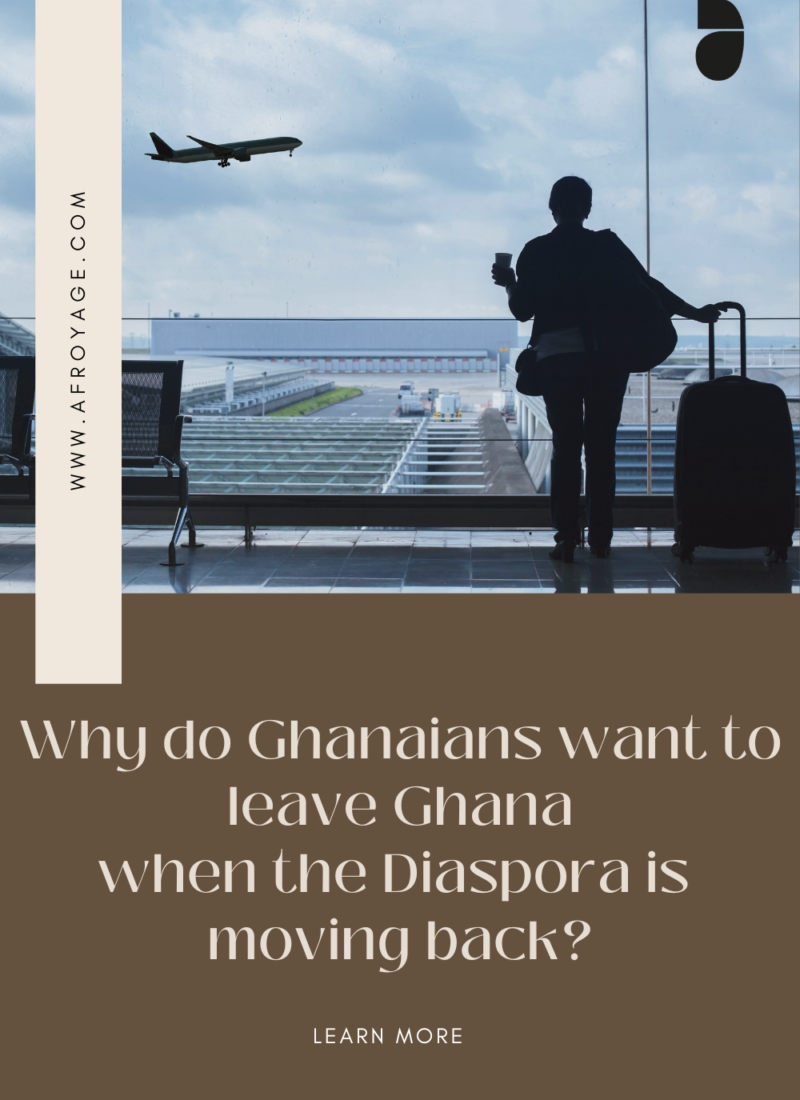
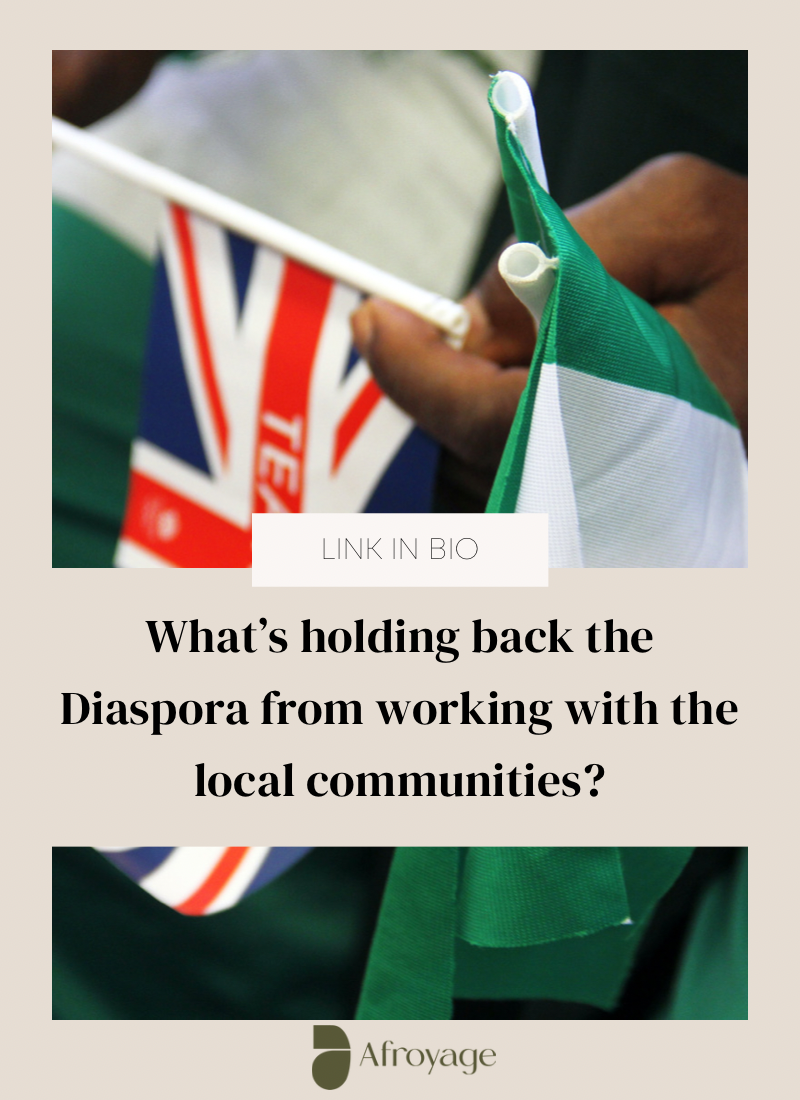
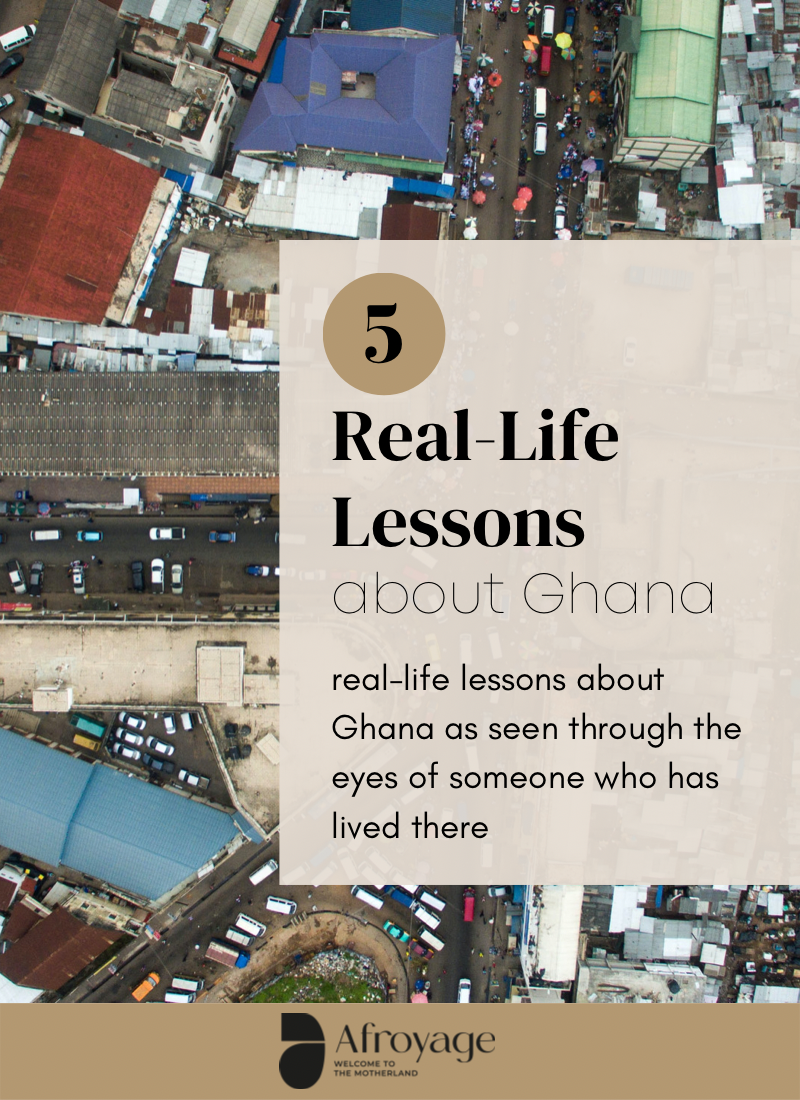
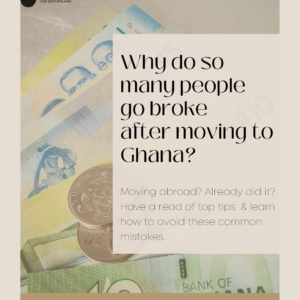
Leave a Reply
You must be logged in to post a comment.